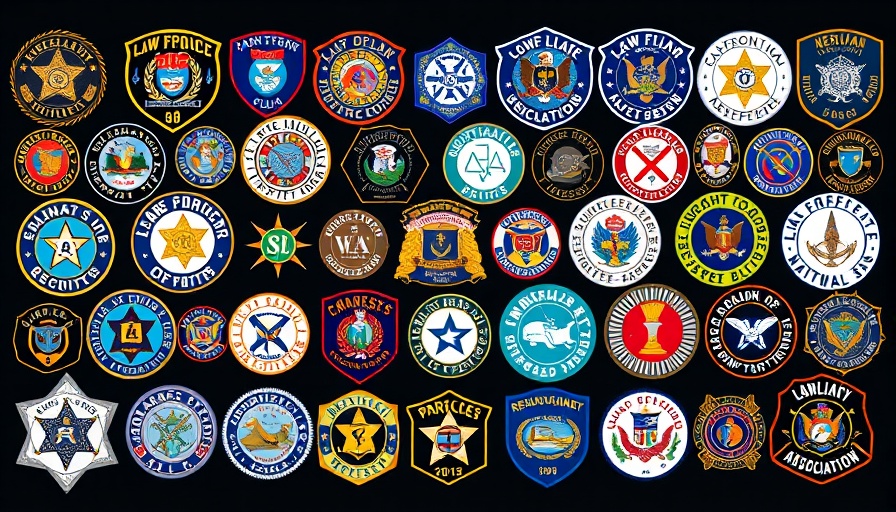
The Growing Demand for Counter-Drone Legislation
Amid increasing concerns about airspace security and the potential misuse of drones, law enforcement agencies across the United States are intensifying their push for Congress to grant them comprehensive counter-drone powers. As the technology behind drones continues to advance at a rapid pace, so do the risks associated with their use in crowded urban settings, close to critical infrastructure, and during large public gatherings.
Why Police Agencies Are Advocating for More Control
Police departments argue that they require more substantial legal tools to respond effectively to unauthorized drone incursions. Currently, the laws limiting police ability to disable or intercept civilian drones are stringent, often leaving agencies with limited options in urgent situations. The potential chaos during events like concerts or sports games raises concerns about public safety and privacy violations.
The Technology Behind Counter-Drone Systems
Emerging counter-drone technologies utilize radar, radio frequency detection, and even lasers to identify and neutralize rogue drones. These systems present options for police agencies to mitigate the risks without resorting to potentially harmful measures like using firearms. Companies specializing in drone technology are also looking at collaborative efforts to create solutions that are capable of identifying drones quickly and effectively.
Counterarguments: Balancing Civil Liberties with Security
However, this push for counter-drone powers is not without its opponents. Civil liberties advocates voice concerns about privacy and the potential for abuses of power. As legislation surrounding technology usually lags behind innovation, there is a critical need to ensure that the measures adopted do not infringe on citizens' rights. Finding the balance between necessary security measures and preserving civil liberties is an ongoing discussion among lawmakers, industry experts, and community leaders.
What Could This Mean for Future Drone Regulations?
The ongoing dialogue in Congress represents just a part of a larger trend where drone technology intersects with public policy. There is a substantial opportunity for lawmakers to set a precedent regarding drone regulations, which could either pave the way for more restrictive measures or inspire innovative solutions that prioritize safety while upholding civil rights. Future laws could establish clear operational standards for police, ensuring that counter-drone actions are both effective and responsible.
Getting Involved: Why You Should Care
If you're a drone hobbyist or industry professional, understanding the nuances of potential regulations is crucial. Not only could such measures impact how drones are operated in urban settings, but they may also influence the broader drone marketplace in terms of innovation and user engagement. Engaging in discussions surrounding this issue—whether through social media, forums, or contacting local representatives—can ensure that all perspectives are considered in shaping our regulatory landscape.
With the rise of drone technology, staying informed about legislative changes is essential for all stakeholders, from hobbyists to industry experts.
 Add Row
Add Row  Add
Add 




Write A Comment